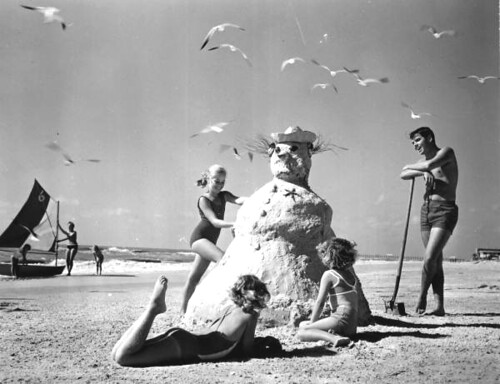நோக்கம்
"என்று தணியும் எங்கள் சுதந்திர தாகம் " என்ற எண்ணங்கள் ஒய்ந்த நம் நாடு இன்று உலகின் தொழில் நுட்ப வளர்ச்சியின் ஓர் மிக்கிய அங்கமாக மாறியதை கண்டு பெருமைகொள்கிறோம். ஒரு நாட்டின் தொலைநோக்கு பார்வையின் சிறந்த உதாரணம் தொழிற் நுட்ப வளர்ச்சியே என்பதை உணர்ந்து, இன்று நாம் துரும்பையும் தூணாக்கி, இரும்பையும் விண்கலமாக்கி விண்வெளிக்கு செலுத்தி உலகளவில் மடுவாக இருந்த இந்திய தொழில் நுட்பம் இன்று பேராற்றல் கொண்ட மலையாக மாறியுள்ளது. ஆனால் இத்தகைய அறிவு சார்ந்த தொழில் நுட்பம் இந்தியாவின் முதுகெலும்பாக உள்ள கிராமங்களில் வாழும் மக்களை சென்றடைவதற்கான தடைக்கற்கள் ஏராளம். அதன் காரணத்தை ஆராய்ந்தபோது இன்றைய நம் இந்திய நாடு வளர்ந்த நகரங்களால் கட்டப்பட்டதேயன்றி வளர்ந்த கிராமங்களால் அன்று.
தொலைநோக்குடன் வளர்ந்த தொழில் நுட்பமானது இன்றும் கிராம மக்களுக்கு தொலைதூரமாகவே உள்ளது. இதை உணர வேண்டியது இன்றைய இளைய சமுதாயமே.அதை உணர்த்த வேண்டியது நமது கடமையே ஆகும். ஆதலால், காந்திய மொழிக்கு வண்ணம் தீட்டிட, புது வடிவம் தந்திட, தியாகராசர் பொறியற் கல்லூரி மாணவர்கள் தேடல் - '11என்ற பெயரில் இந்திய நாட்டின் வளர்ச்சியானது கிராமங்களின் அறிவு சார்ந்த தொழில் நுட்ப வளர்ச்சியே ஆகும் என்பதை எடுத்தியம்ப வந்துள்ளோம்.
PAVE
Providing Adaptive technology to Villages through Empowerment
Today we all take immense pride and delight in being Indians and witnessing how much our motherland has grown in leaps and bounds in these 63 years of independence. Be it an ordinary bell pin that clips papers or the extraordinary rocket that hits the space, Indian technology has emerged as a superpower. Cities keep expanding and urbanizing but sadly, our once prosperous and green villages have mutated into a land of agony and infertility. India has grown ahead, leaving behind her villages. Every step of India’s development should mean a better, greener and a more prosperous village. The hour of realization is here and all we need to do is to revive our thoughts and ideas and be a better example to the younger generation. As the father of our nation said, Indian villages are the backbone of our country; our future development should aim at bridging the gap between the growth of India and the growth of her villages. We the TCEians, through QUEST’11 aspire to enlighten the young minds with the same thought and pave a better way to make them realize the inclusive growth of the Indian villages.
STUDENTS OF - THIYAGARAJAR COLLEGE OF ENGINEERING, MADURAI










